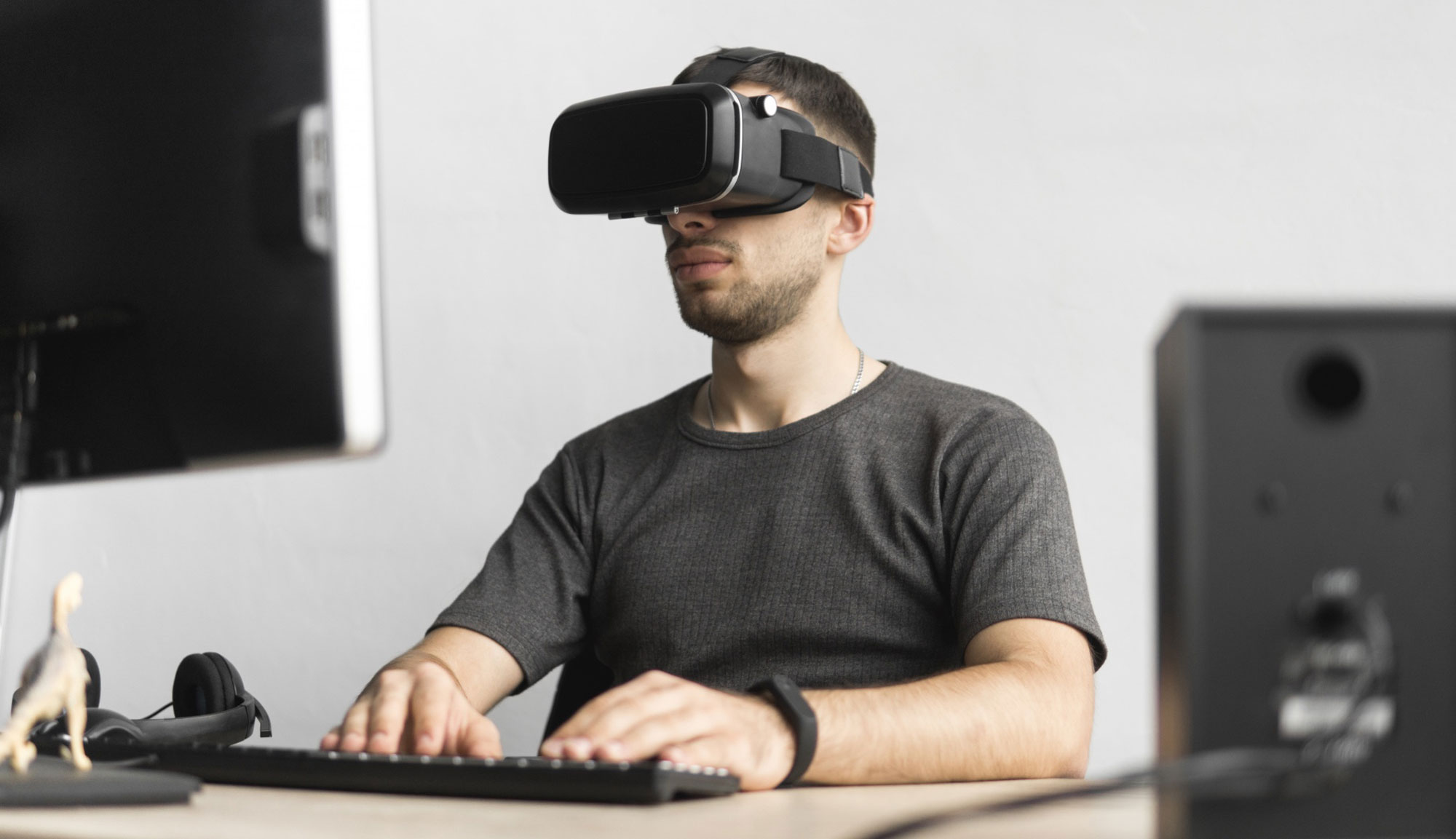Existing research into digital and technical solutions in working life
The authors of the knowledge compilation have investigated whether ongoing digital and technological developments have had any visible results in terms of increasing working opportunities for people with disabilities. The basis for this survey was a literature review limited to published research in peer-reviewed journals and conferences during the period 2010–2020. This was later supplemented with workshops, interviews and contacts with researchers and experts, as well as various reports issued by public authorities and other organisations.
The most important conclusions are that:
- there is limited research and evaluation of digital and technical aids to working life and their impact on increasing access to working life for people with disabilities;
- the studies that do exist are either pilot studies or involve a limited number of subjects, restricting the possibility of drawing any more general conclusions, even if studies of small numbers of individuals may provide an indication of whether solutions can make an important contribution;
- the vast majority of research into technologies in the field of disability is based on a specific disability or activity, such as seeing or hearing, navigating one’s surroundings, reading or writing, learning or understanding social communication, etc. This type of research proposes innovative technical solutions that can replace diminished function. It is also relatively common to find technological innovations for learning or training an ability, primarily cognitive or social abilities;
- the products developed are often based on an R&D project rather than basic research, often in the form of a feasibility study and proposals for new uses for a specific technology. Few of these R&D projects ever get to the stage of being implemented in working life;
- the practical experience of occupational therapists and other professionals working with workplace adaption does show that aids generally contribute to the ability of people with disabilities to perform their duties, but generally speaking these experiences are not systematically evaluated; and
- existing research is more likely to examine the rehabilitation of those injured in the workplace rather than how an unemployed person with disabilities might be brought into the workforce. This may be one contributing factor to why so many projects are dedicated to recreating or creating a function that an employer once had but has lost through injury or illness, rather than studying how technological developments can make the workplace accessible without the need for assistive technology.

Photo: iStock